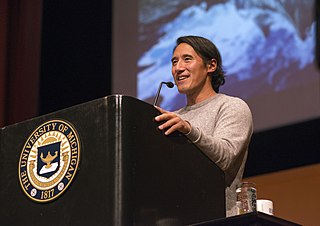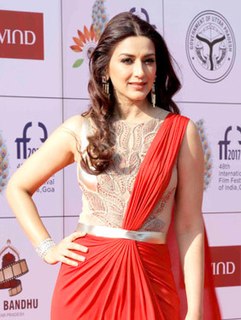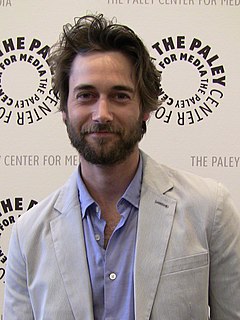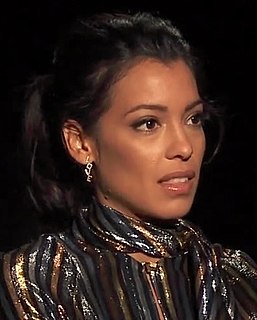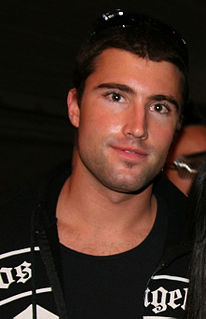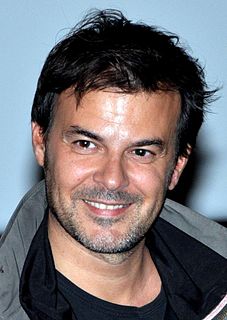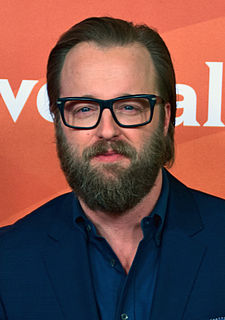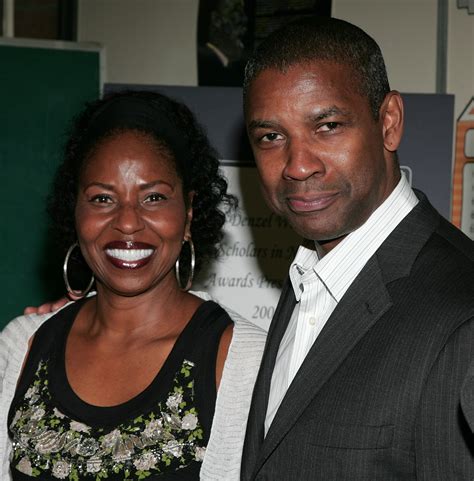A Quote by Terrence Malick
Related Quotes
We have African-Americans and black people getting behind the scenes more and more, we get true black images in television and film...because we have black people behind them. They can tell stories from those points of view and bring to life those characters who have yet to be shown. As long as we have people behind the camera just as much as in front of the camera doing the work, then we'll always be good.

